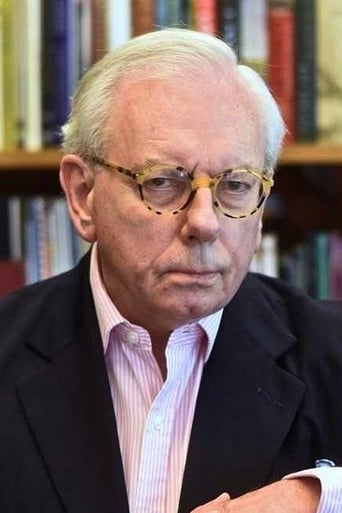
Rating:
0/10 by 0 users
Release Date:
Sat, Jul 20, 2013
Country: GB
Language:
Runtime:
Country: GB
Language:
Runtime:
Season 1:

Dr David Starkey reveals how the story of British music was shaped by its monarchy. In this first episode he begins with kings who were also composers - Henry V and Henry VIII - and the golden age of English music they presided over. He discovers how the military and religious ambitions of England's monarchy made its music the envy of Europe - and then brought it to the brink of destruction - and why British music still owes a huge debt to Queen Elizabeth I. Featuring specially recorded music performances from King's College Cambridge, Canterbury Cathedral and Eton College, and early music ensemble Alamire; and the music of Thomas Tallis, William Byrd, John Dunstable and John Dowland.

Dr David Starkey's exploration of how the monarchy shaped Britain's music reaches the 17th century, when religious conflict threatened not only the lives of musicians and monarchs, but the future of the monarchy and the glorious tradition of British music itself. And yet, in the midst of this upheaval, royalty presided over a series of musical breakthroughs - from the first chamber concerts and proto-operas, to the triumphant debut of the baroque orchestra. Westminster Abbey choir sing some of the earliest surviving music to be heard at British coronations; the Band of the Life Guards play pieces which Charles I used in battle, which marched James II out of his kingdom, and which mourned Mary II; and the Academy of Ancient Music perform some of the glorious works of arguably the greatest English composer - Henry Purcell.

Dr David Starkey's exploration of how the monarchy shaped Britain's music reaches the 18th century, when Great Britain became a dominant military and economic power, and the century which brought us patriotic classics such as God Save the King - the world's first national anthem - and Rule Britannia. Yet this was a time when the monarchy had never been more fragile, having lost much of its political and religious power and imported its ruling house from abroad. The supreme irony was that it was a musician from Germany, George Frideric Handel, who gave Great Britain and its new royal dynasty its distinctive musical voice. Featuring specially recorded performances from Westminster Abbey Choir and a full baroque orchestra of Handel's Hallejulah Chorus and Zadok The Priest. Plus the Academy of Ancient Music performs extracts from Handel's operas and other works.

Dr David Starkey's exploration of how the monarchy shaped Britain's music concludes with the 19th and 20th centuries, when the crown rediscovered the power of pageantry and ceremony and when native music experienced a renaissance. David discovers the royal origins of such classics as Edward Elgar's 'Land of Hope and Glory', Hubert Parry's 'I Was Glad' and William Walton's 'Crown Imperial', as well as finding out how the twentieth century's coronations - culminating in the crowning of Elizabeth II - cemented the repertory of royal classics in the hearts of the British people. He hears music written by Queen Victoria's beloved Albert, Prince Consort, played for him in Buckingham Palace on a lavish golden piano which was bought by Victoria and Albert themselves.


